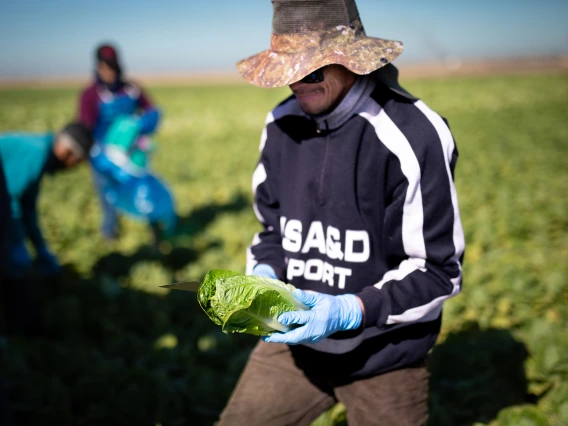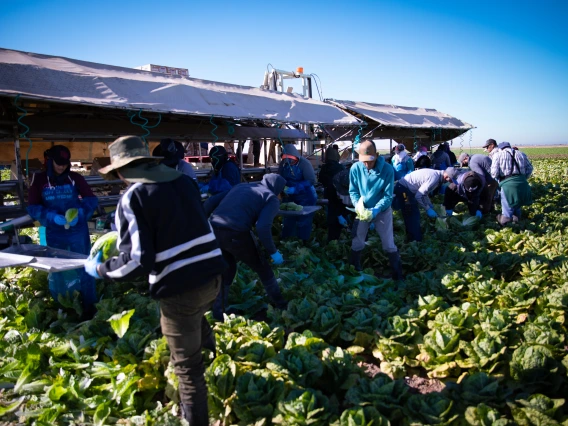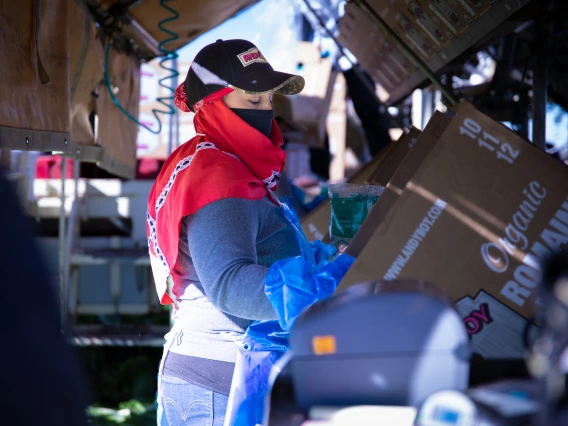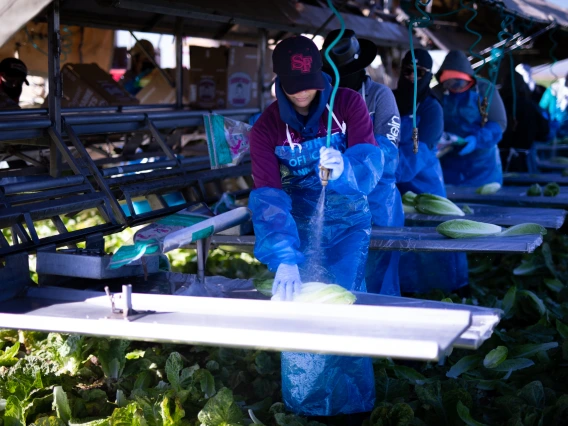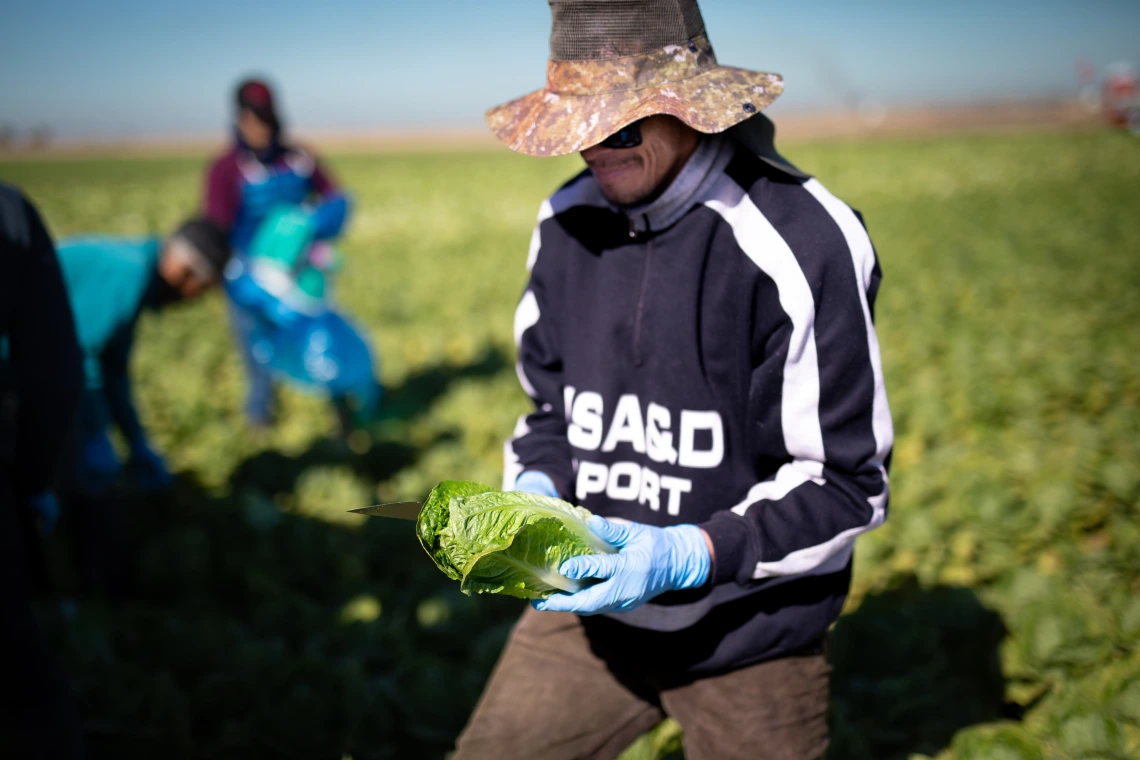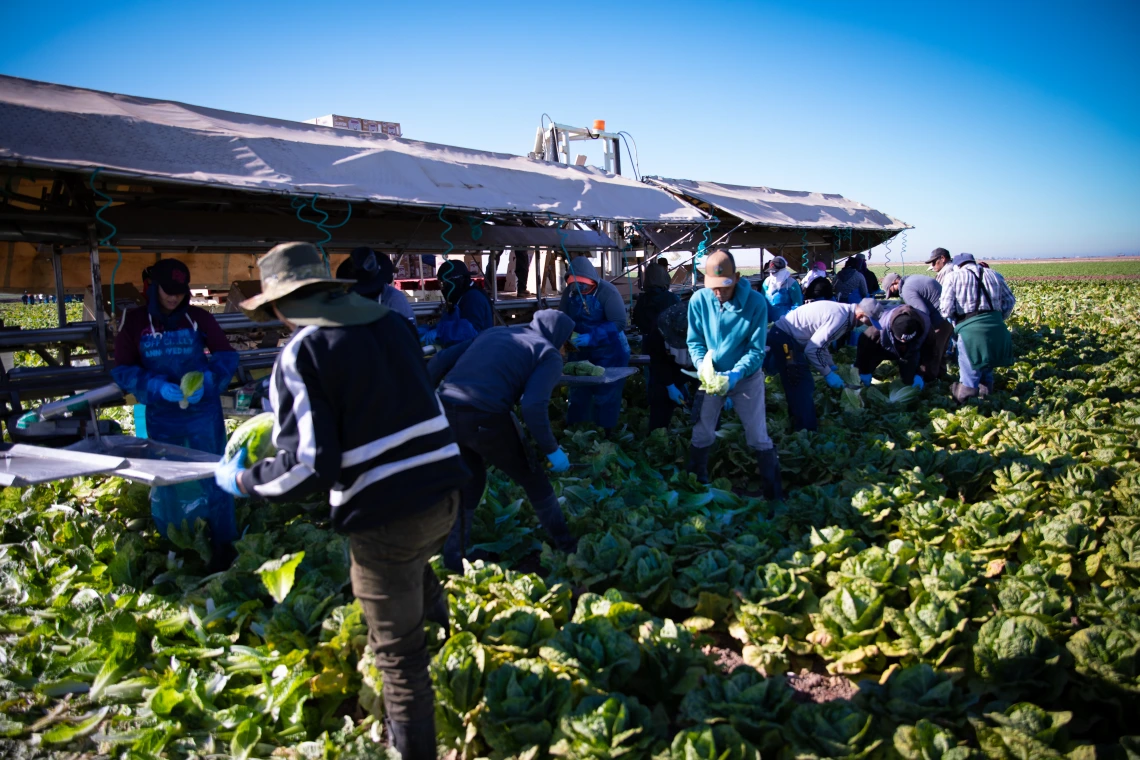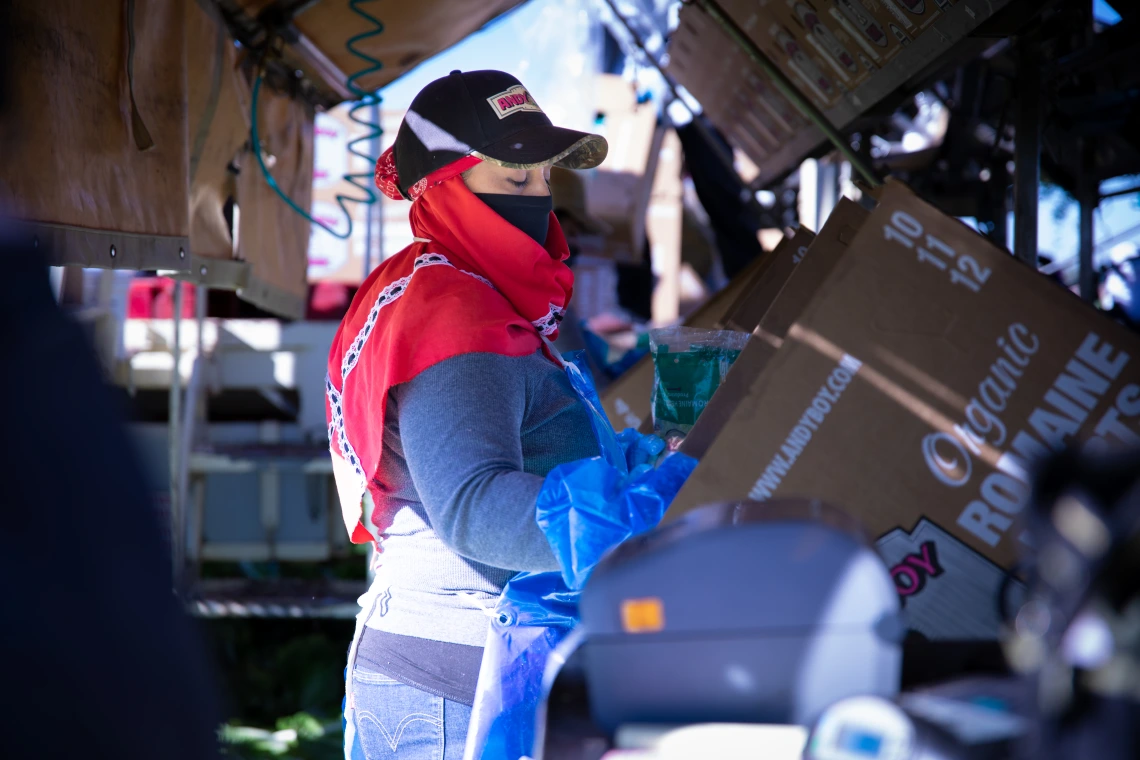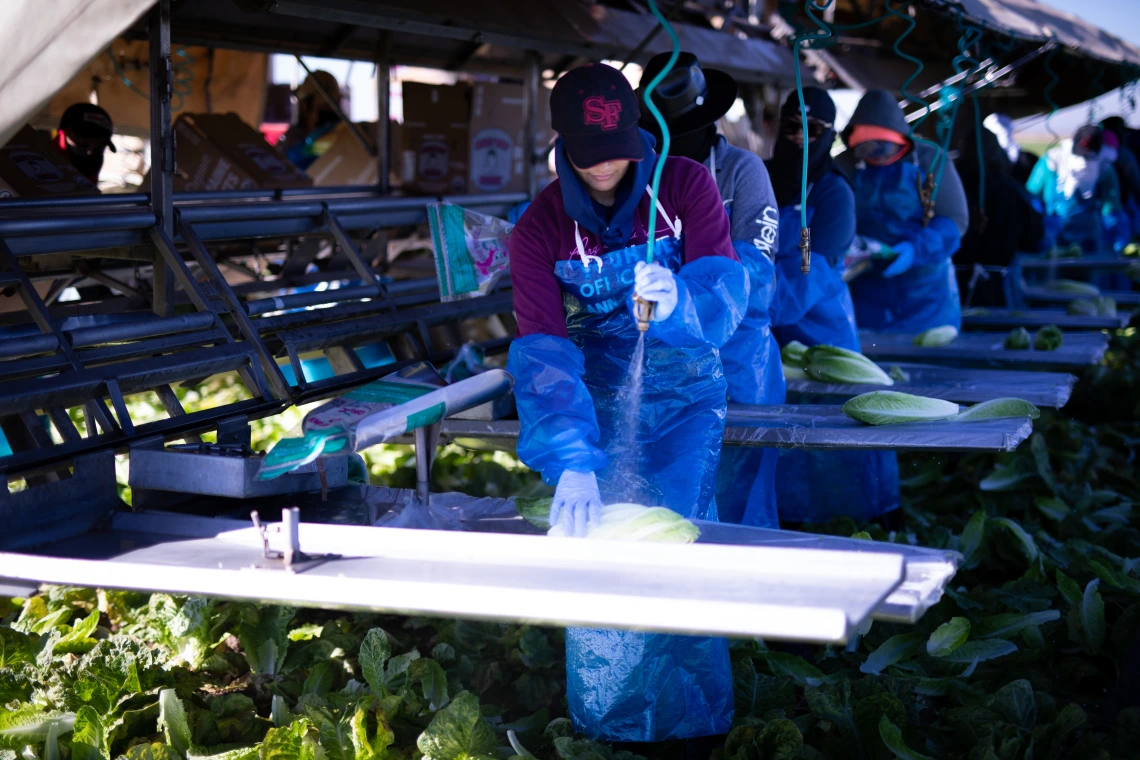Arizona Farmworker Enumeration Profiles Study (AZ-FEPS)
2024 AZ-FEPS Full Report & Highlights
The 2024 Arizona Farmworkers Enumeration Profiles Study was finalized and released in October 2024. The report contains estimates of crop, nursery-greenhouse, and animal agriculture workers by county.
WHAT
The Arizona Farmworker Enumeration Profiles Study (AZ-FEPS) will produce current, credible, and county-level counts of farmworkers and their household members in Arizona.
WHY
Farmworkers in Arizona fuel our state’s economy and feed our nation. They harvest crops, tend livestock and aquaculture, support forestry operations, and work in food processing and packaging plants. Farmwork is physically demanding, pays relatively low wages for long shifts, and frequently involves living, working, and traveling in confined spaces. These conditions make farmworkers susceptible injury, infectious disease, chronic disease, and stress. Despite these known vulnerabilities, there is no current and credible count of farmworkers in Arizona.
Without a count of Arizona farmworkers, and without knowledge of where and how they currently work, public health is unable to serve this population optimally. This challenge was especially evident during the COVID-19 pandemic. The last farmworker enumeration effort was conducted in 2008, and the past 15 years have brought changes in Arizona’s agriculture industry, hiring practices, and workforce demographics. The AZ-FEPS is supported by a $450,000 COVID-19 Disparities grant from the Centers for Disease Control and Prevention (CDC) distributed through the Arizona Department of Health Services and the Arizona Center for Rural Health.
Study Objectives
1. Enumerate current and credible estimates of farmworkers and their household members for every county in Arizona through established quantitative and community-engaged methods.
2. Evaluate the process of an academic-community-government team approach to farmworker enumeration, and to assess use of findings by government agencies, growers, researchers, service providers, and others.
About Us
The 2024 AZ-FEPS will be conducted by an interdisciplinary team of early and seasoned researchers. In addition to enumerating the farmworker population, the project has been designed to offer training and mentorship in enumeration methods for researchers and professionals in academics, industry, government, and community service organizations. The 2024 AZ-FEPS includes faculty and staff from the University of Arizona, the Yuma County Public Health Services District, Campesinos Sin Fronteras, and Dr. Alice Larson, a nationally known consultant on migrant and seasonal farmworker issues, and the author of previous enumeration studies and the manual for conducting the research study. The team will work closely with a broad range of partners including the Arizona Interagency Farmworker Coalition, industry partners, and service organizations.

